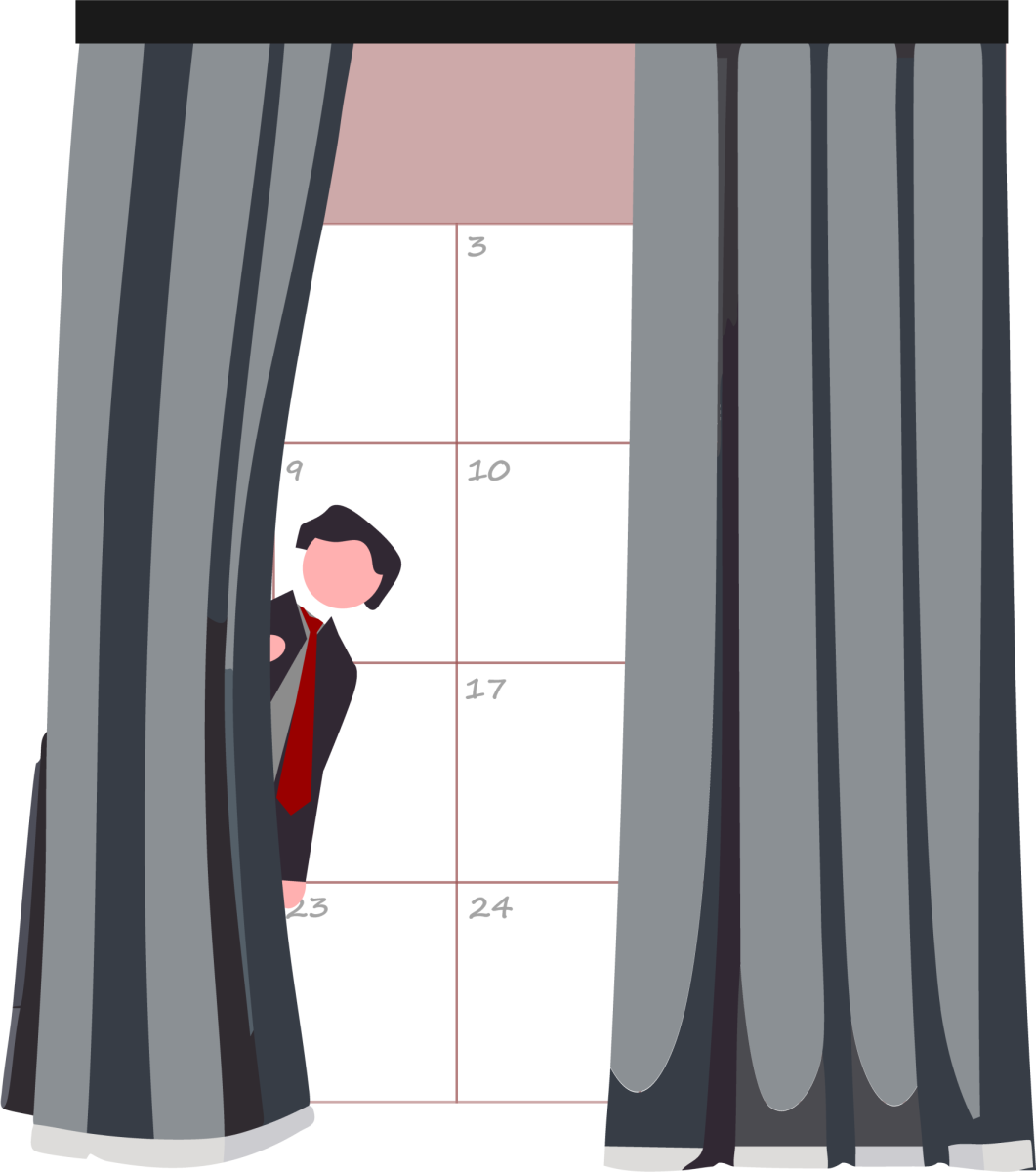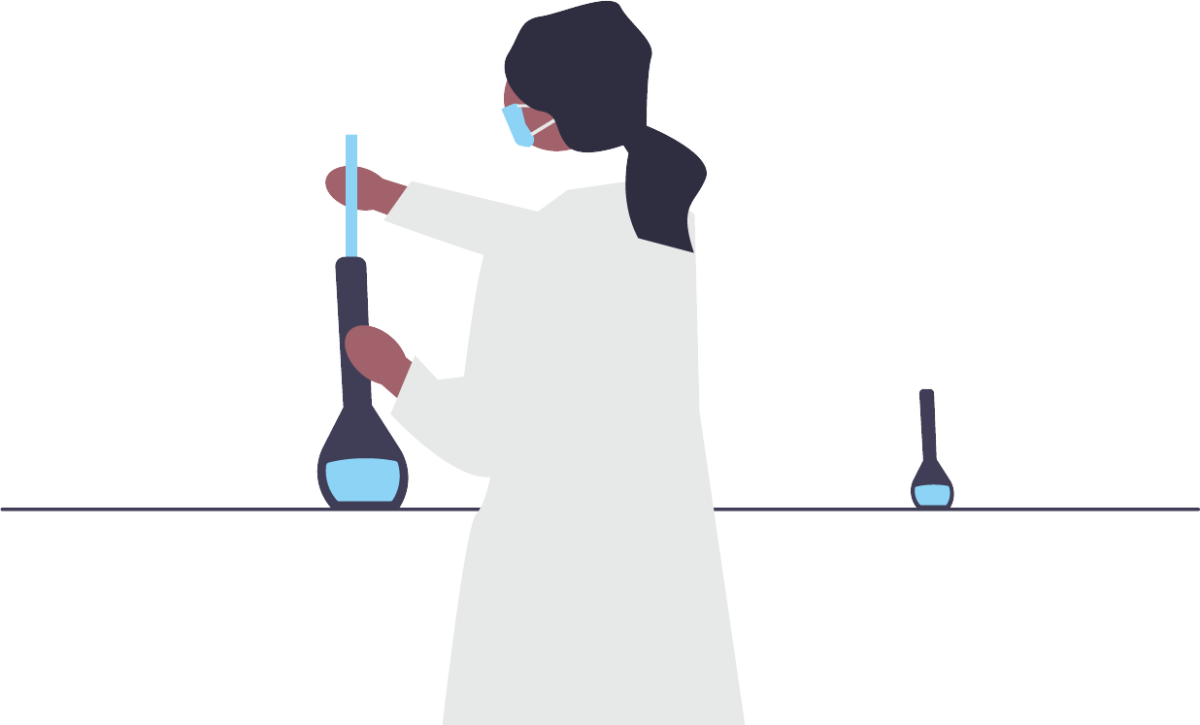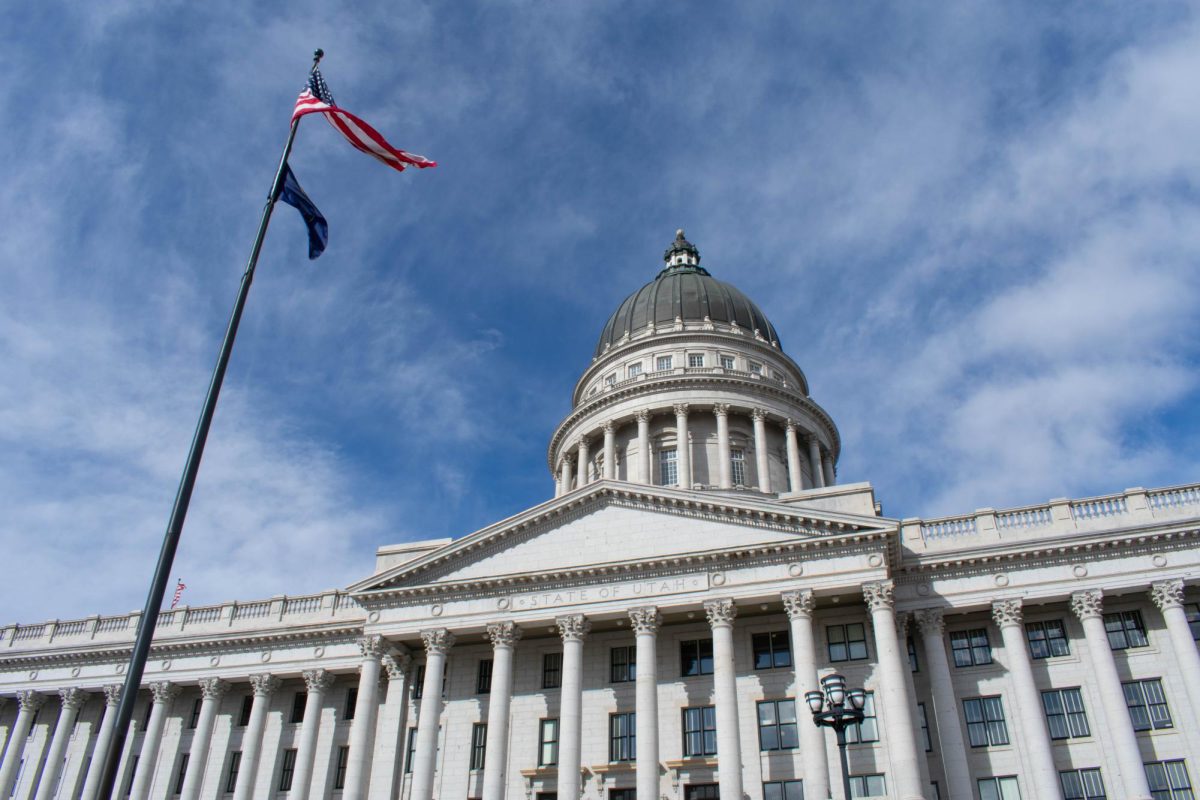Many people consider economists “scientists,” able to predict the future with graphs and curves. Such ignorant perspectives toward the field tend to gain extra traction during election periods, when political candidates bank on the “scientific” evidence behind their reform-minded policy proposals, with unwarranted sureness that certain implementations will increase jobs by, say, 10.3 times, or spread perfect financial equity from one corner of this immense country to the other.
I’m an economics major, yet as much as I’d like to consider my fellow economists scientists, I understand that we’re not. The theories and tentative conclusions within our field aren’t based on physical laws. They’re based on trial and error, data and a whole lot of unresolvable debate. Theories remain theories. Nothing ends up carved into stone the way Newton’s Laws or algebra are.
But while politicians certainly shouldn’t abuse peoples’ ignorance by crediting their economic proposals as founded in scientific fact, the field is still worth studying and understanding. Economics is important and essential, and the theories and ideas that stem from it are crucial to understanding, as best we can, today’s society and its future. But be wary of the clout given to the field via political figures, especially now during the current election period.
Economics provides people with a lens through which to view and organize the world around them. You wind up with a fully-formed perspective — though often differing from other economists’ — that few people possess or genuinely understand. And it’s helpful. My dad has his Master’s degree in economics, and he has often talked about how economics really is the study of everything. You study people, their allocation of scarce resources, their irrationalities and their decision-making. You delve into markets, how they function, how they’re created, how they evolve and change because of certain events through history. You study calculus and graphical representations in order to understand human beings’ actions — past, present and future – as well as their inconsistencies. Everything affects economics, from morals, to math, to human emotion, to culture, to politics — you name it. It’s a legitimate field of study that essentially flushes out ignorance, leaving those who study it fairly well-versed in a wide array of disciplines.
But try as economists might, we can’t perfectly predict the future. If we could, there wouldn’t still be active Marxists, or Keynesians, or even Democrats and Republicans, all of whom seem to believe that others’ beliefs and predictions are moronic, to say the least. While we as economists can certainly help guide people and politicians in understanding the world and making decisions, our field cannot successfully act as a surefire backing that one political representative’s ideas will do great good for the country while another’s will force the nation into complete turmoil. In fact, it’s quite irritating when a political candidate presents an economic statistic to the public in the form of scientific fact in order to boost his or her credibility.
According to Kyle Peterson of the Wall Street Journal, a survey was conducted wherein 131 economists were shown to react to empirical questions in a certain way based on their answers to other moral-based questions. That trend isn’t exactly conducive to science. So, while economists’ opinions and guidance are valid and useful, even necessary, they’re not necessarily grounded in perfect fact. So be a critical assessor of what is presented to you via political platforms, and don’t allow “according to economists” to possess as much political sway as it otherwise might.






















